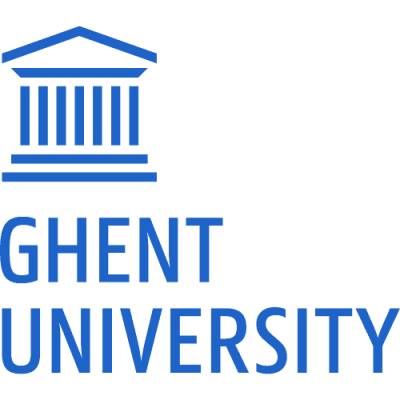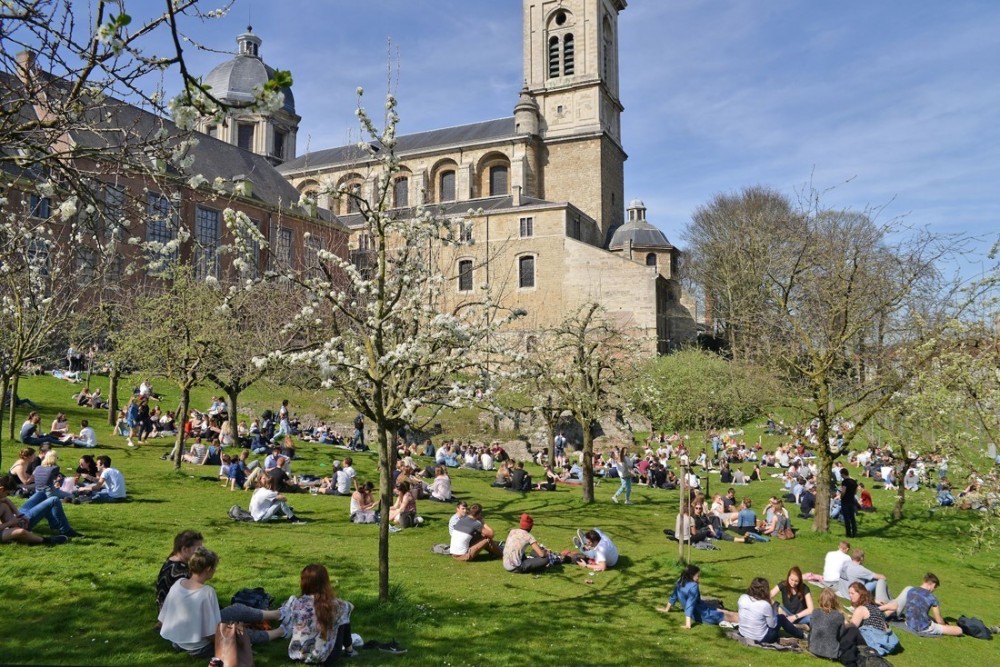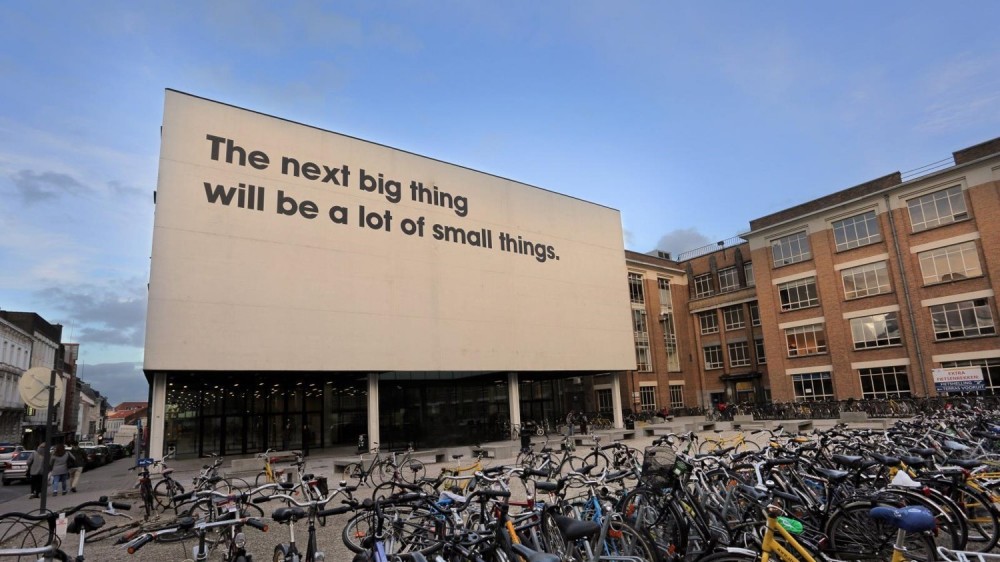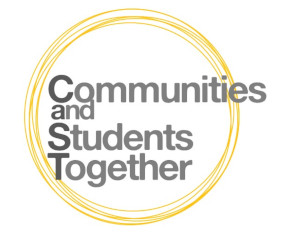Ghent University

Ghent University (https://www.ugent.be/) is very active on the international scene, scores high in the international rankings (n°66 in the Shanghai ranking and n°103 in the Times Higher Education) and has been at the forefront of the implementation of all European higher education funding programmes since the start of the Erasmus programme. The UGent CaST team represents a collaboration between the interdisciplinary consortium IDC Crime, Criminology & Criminal Policy, the PSYNC consortium (Working Together for Mental Health), and the research group Culture & Education (C&E) at the department of Educational Studies (Faculty of Psychology and Educational Sciences). This collaboration includes researchers from five faculties at UGent. The team consists of Dr. Noel Klima, Dr. Courtney Marsh, Professor Alexis Dewaele, Professor Kris Rutten, Dean Ann Buysse, and Professor Tom Vander Beken.
The IDC Crime, Criminology & Criminal Policy (https://www.ugent.be/crime/en) is one of Ghent University’s thematic interdisciplinary consortia with focus on societal impact (IDC). Based at the Faculty of Law and Criminology the IDC Crime, Criminology & Criminal Policy deals with the domain of deviance and its (policy) response, as well as the areas of crime and security. The Consortium brings together 21 scholars from different disciplines in six departments working inter-disciplinarily on security, crime, and deviance related topics in local, national, European, and international contexts. The range of topics covers e.g. research into vulnerable groups in detention, policing and police mobility, desistance from crime and drug use, (youth) crime prevention, prostitution, etc. The Consortium fosters knowledge translation and exchange, strengthening societal value creation leading to societal impact and stimulates synergies and cooperation between academic, policy, and practice partners from different disciplines.
PSYNC (https://www.ugent.be/psync/en) is a consortium dedicated to improving the mental health of all citizens, running research projects in close collaboration with diverse stakeholder groups, with a clear focus on generating real world impact and societal innovations. It focuses on developing relationships and collaborating with important stakeholders outside academia as well as contributing to innovative education and training.
PSYNC reaches its goals through gathering funding that allows for performing excellent research yet at the same time achieve societal impact and optimises stakeholder collaboration (Quadruple Helix: Industry, government, civil society, and academia). PSYNC is headed by Ann Buysse and coordinated by Alexis Dewaele and contains 21 Ghent University professors from twelve departments and five faculties.
The research group Culture & Education (C&E) at the Department of Educational Studies is involved in Educational Sciences, Social Work, and Teacher Education and focuses its research and teaching on language and culture, rhetoric, multiliteracies, media, and increasingly also cultural heritage. C&E’s theory and research draw on interdisciplinary fields of scholarship such as rhetorical and cultural studies. The research group is currently embedded in De Krook (https://dekrook.be/). De Krook in Ghent is a centre for culture, knowledge, and innovation that brings together different partners such as the new city library (conceived as a “library for the future”), Ghent University (focus on research on media, technology and culture), and imec (R&D and innovation in digital technologies). Research in De Krook focuses on the development of new digital technologies and invests strongly in innovation. At the same time De Krook is a forum for citizen science and for reflection and dialogue on the place and function of media, technology, art, culture, and heritage in a society in transition.





